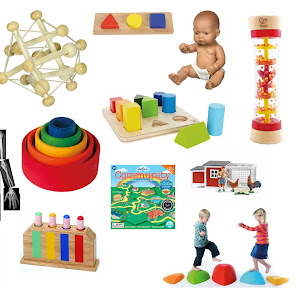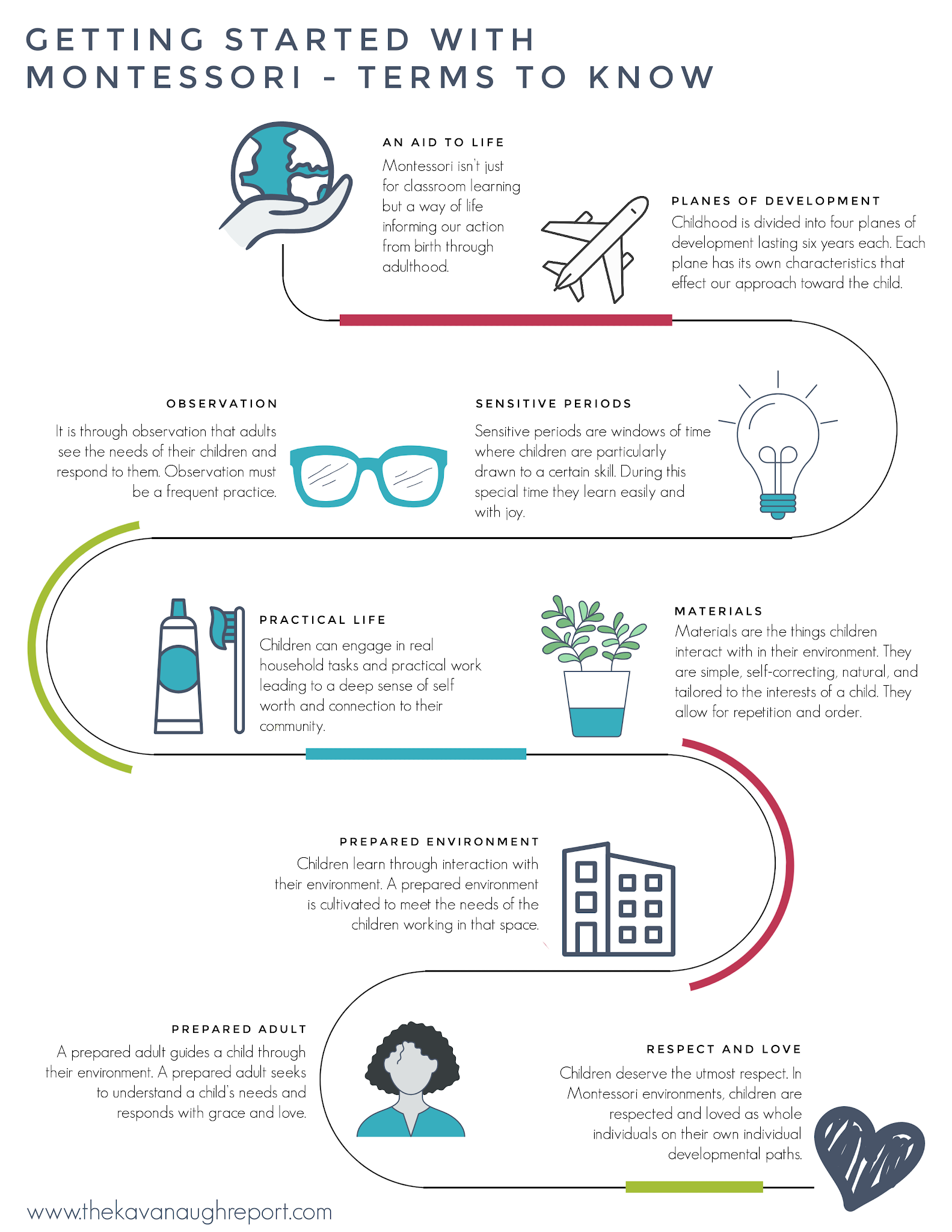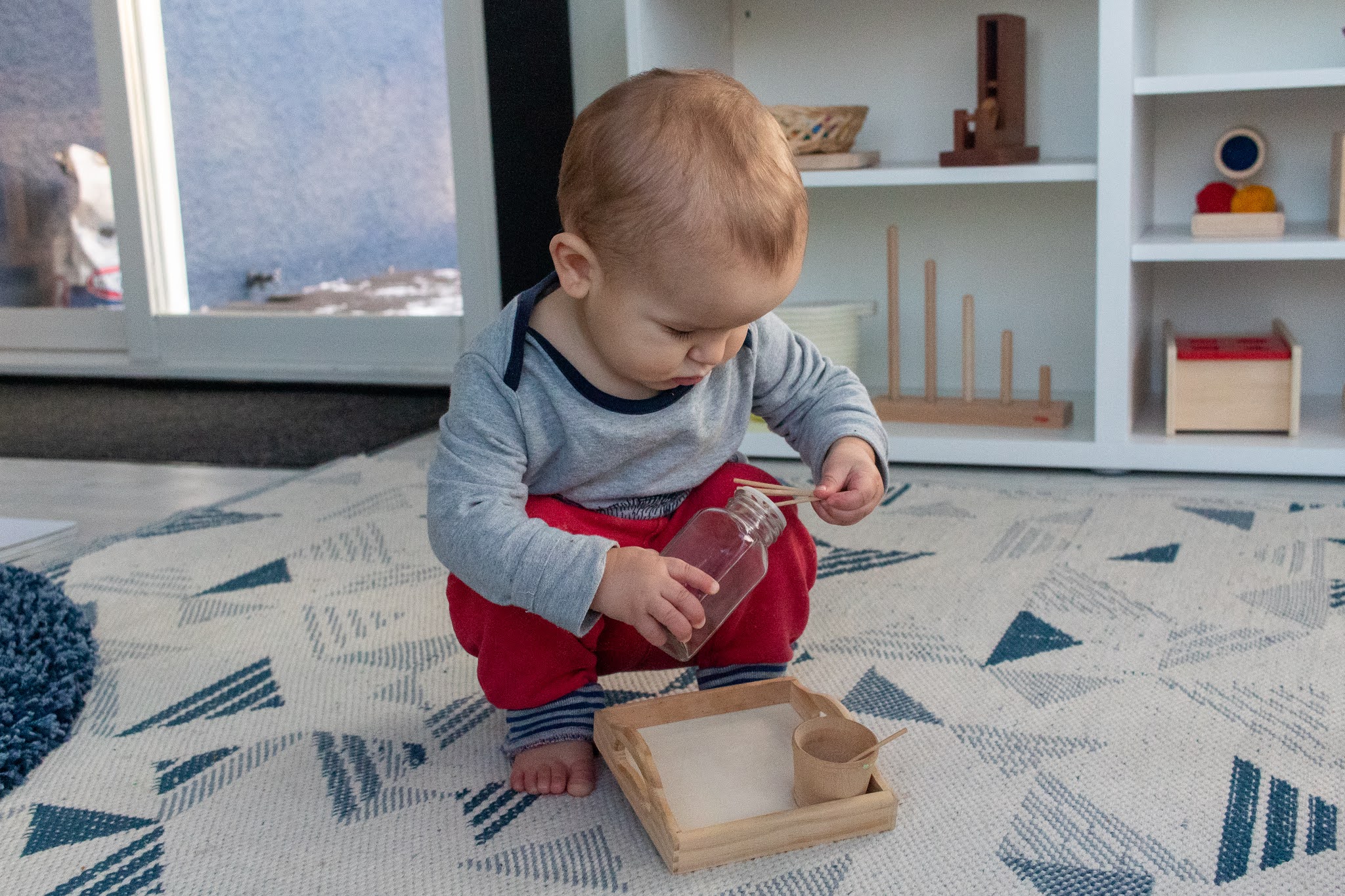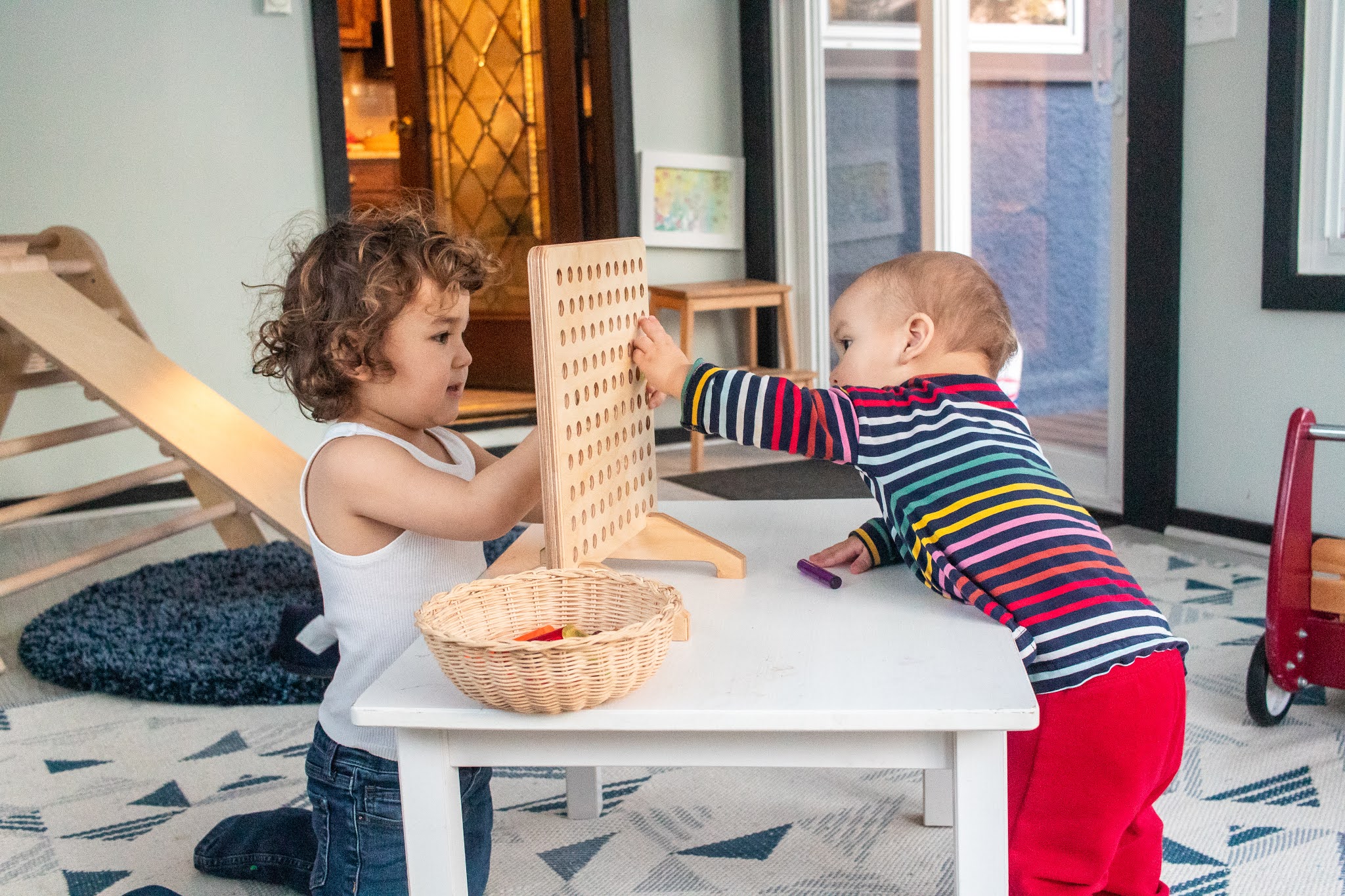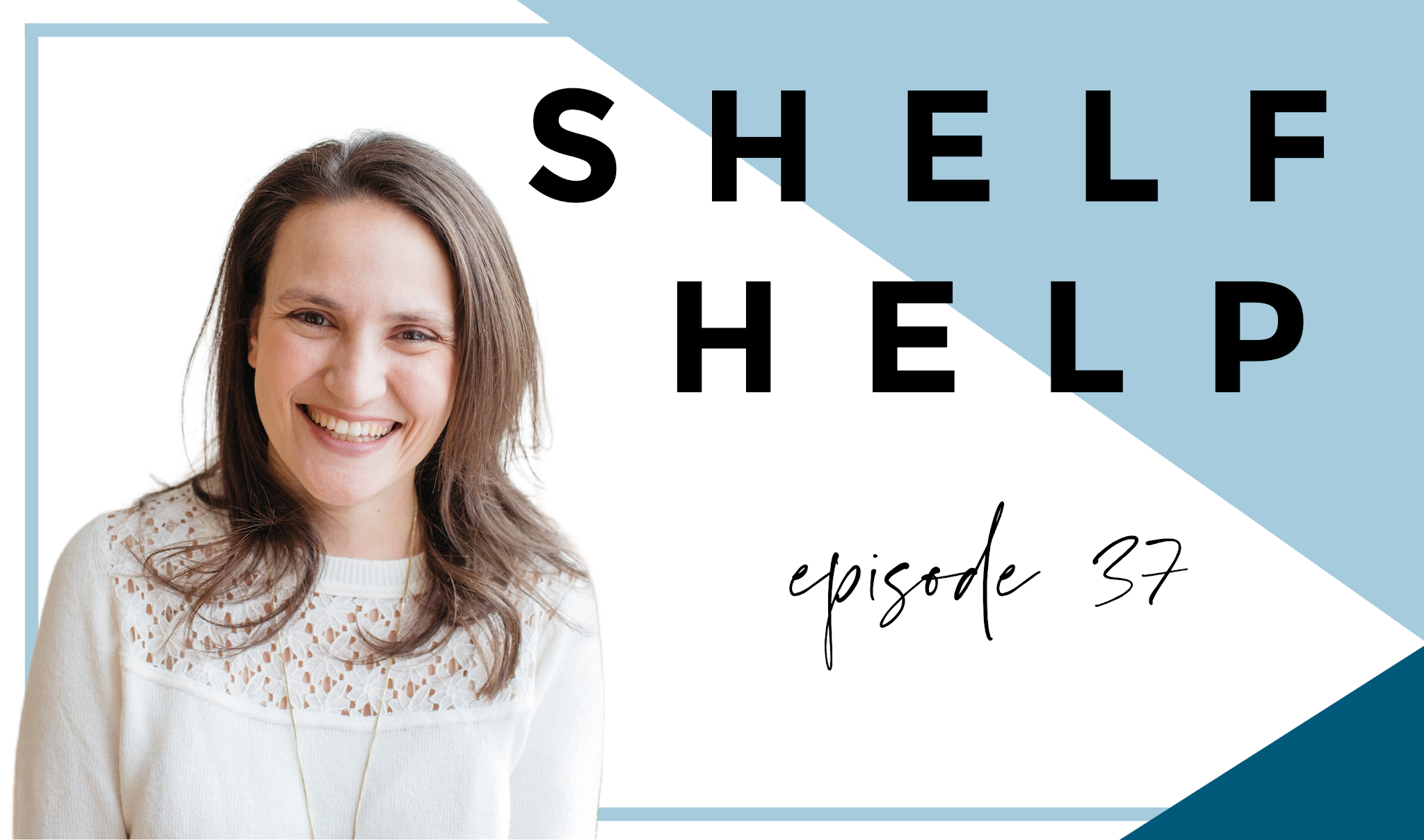Sometimes Montessori gets a reputation for needing to be expensive, time consuming or difficult to set up. But, not all Montessori activities have to be this way! One of my kids favorites has been this simple sticks into shaker activity! The simple beauty of this activity is that it allows for that all so important burst of concentration that we hope to see in our toddlers and even older babies! Nora started using this activity when she was just 11 months old . Gus and Teddy have been a little older, but still younger toddlers. Recently, this has become one of Teddy's favorite works. He is quick to grab it and sit placing sticks in and out over and over. For a very gross motor focused toddler, it's a big change for him from his typical choices. Putting this work together really does take two minutes! It's a small tray, some craft sticks (you could also use q-tips, cut straws, toothpicks, or anything similarly shaped and sized), and a spice jar. To present it, I simply sho...
